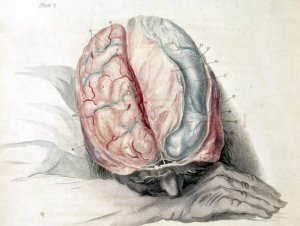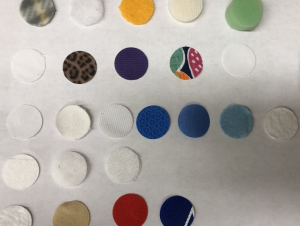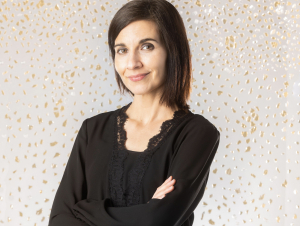To request a media interview, please reach out to experts using the faculty directories for each of our six schools, or contact Jess Hunt-Ralston, College of Sciences communications director. A list of faculty experts is also available to journalists upon request.
Latest News
Itch sensations that strike glabrous skin — like that found on the palms of the hands or soles of the feet — can be the source of lasting discomfort for many people. But a new study from School of Biological Sciences researchers may bring eventual relief, thanks to findings that may narrow down the unique glabrous skin receptors that respond to those itches.
School of Physics professor Ignacio Taboada officially begins his term as the next spokesperson for the IceCube Neutrino Observatory — an NSF-funded South Pole facility searching deep space for sources of high-energy neutrinos — on May 1, 2021. Taboada recently joined outgoing spokesperson Darren Grant for a Q&A about IceCube’s progress and plans.
It's one of the most important processes for the development of the human brain, but science is still learning about DNA methylation. A School of Biological Sciences professor and her research team have uncovered some new information about how this process evolved in humans.
The analysis analyzed more than 30 materials, singling out two for being the best for filtration efficiency. The researchers also underscored the importance of multiple layers in masks to minimze exposure risk and the significant protection that occurs from universal mask wearing.
In celebration of Women's History Month, Georgia Tech highlights the onward and upward trajectory of nine women across campus who are shattering the traditional "glass ceiling" — carving a path for others and for equitable recognition, respect, and inclusion.
Mathematicians and engineers from Georgia Tech and Carnegie Mellon discuss how network and game theories provide a different way to control the spread of infectious disease.








